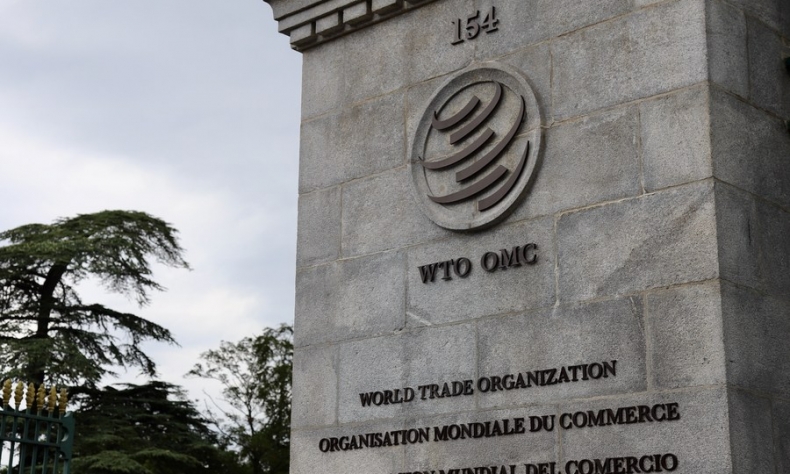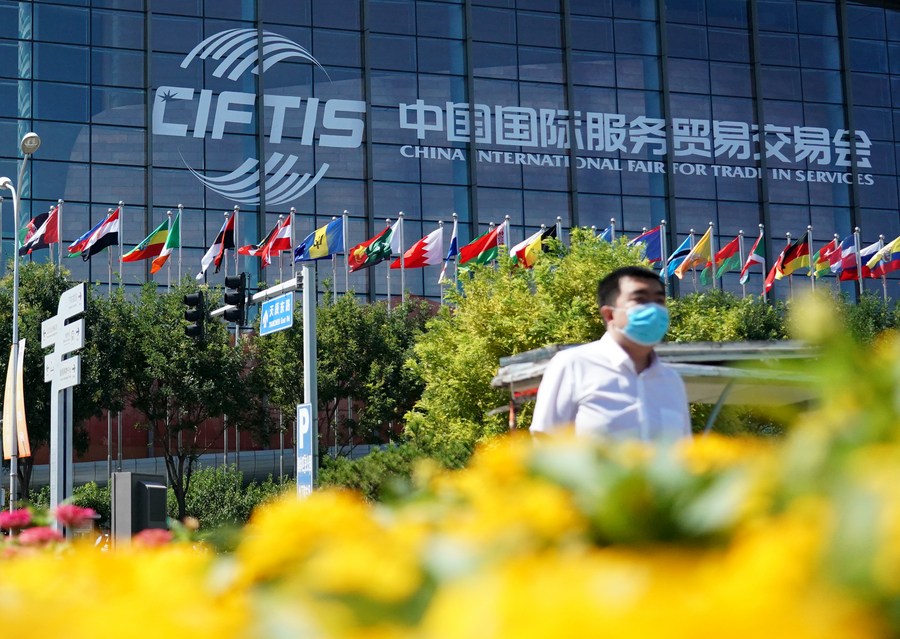China’s Eighth WTO Trade Policy Assessment Bodes Well for the Future

The country’s contributions to the world’s economic growth and safeguarding of the multilateral trading system since 2001 are undeniable and further demonstrated by the WTO’s appreciation for China in its eighth trade policy review.
China underwent its eighth trade policy review by the World Trade Organization (WTO) from October 20 to 22. This comprehensive assessment of China’s trade policy came at the 20th anniversary of China’s accession to the WTO, a time when certain countries are wielding unilateralism and international trade is being battered by the COVID-19 pandemic; and China’s foreign trade is bucking the trend.
China received 2,250 written questions from 39 WTO members. The result of this review shows that the vast majority of WTO members appreciate China’s huge economic and social achievements after the country’s accession to the organization, confirming China’s role as a major engine in boosting the world economy and lauding its efforts to help other developing countries and the least developed countries out of poverty and debt, and into international trade.

Likewise, China’s significant role in fighting the pandemic and supplying vaccines and relevant materials has also won much acclaim. China has always tried its best to safeguard the multilateral trading system, actively involving itself in WTO responsibilities and working to make overall trade and investment more liberal and convenient. Predominantly, it has made great headway in the Belt and Road Initiative. Many of the organization’s members expect to see China take on a bigger role in global economic and trade cooperation.
The trade policy review is a fundamentally important activity running throughout the WTO work. All members are assessed, the frequency of each country’s review varying according to its share of world trade.
After a five-year transitional period following its accession to the WTO in 2001, China, too, began to go through these surveillance rounds.
China is a beneficiary of the multilateral trading system. In the past two decades, it has made great strides forward in its economic and social development, with economic aggregate increasing by tenfold. Today, China is the world’s second largest economy, accounting for 17 percent of the world economy, up from 4 percent at the beginning of this century. China’s total trade in goods jumped by eightfold, while the shares of its imports and exports in the world total have increased to 11.5 percent and 14.7 percent, respectively, from 3.8 and 4.3 percent.

More importantly, China is the biggest contributor to the world’s multilateral trading system. Looking inward, China is deeply committed to the WTO principles, actively advances its domestic legal system, and keeps deepening its reform and opening-up drive to better integrate with the international trading system.
By late 2007, China had revised some 3,000 sections of domestic laws and regulations to comply with WTO policy. Looking outward, China’s accession to the WTO has injected new vitality into the global economy. Its annual contribution rate to global economic growth nears 30 percent, while the nation’s general tariff has declined from 15.3 percent to under 7.5 percent, much lower than its WTO accession promise of 10 percent and that of other major emerging economies. China has extended zero-tariff grants to 97 percent of imports from the least developed nations that have diplomatic relations with the country, which is a promise that even the United States, the biggest economy in the world, has never made. Since 2008, China has been the major export destination for goods from these countries, absorbing 25 percent of their exports.
The vision of a community with a shared future for humanity is not only written into the Chinese Constitution, but also collected in a UN resolution. In 2020, China and other 14 countries including ASEAN members as well as Japan and the Republic of Korea, jointly signed the Regional Comprehensive Economic Partnership. This treaty will accelerate global economic recovery and also help to improve multilateral trading principles.
There are those voices today that say the WTO should not have accepted China as a member. This is nonsense. The country’s contributions to the world’s economic growth and safeguarding of the multilateral trading system since 2001 are undeniable and further demonstrated by the WTO’s appreciation for China in its eighth trade policy review.
 Facebook
Facebook
 Twitter
Twitter
 Linkedin
Linkedin
 Google +
Google +










